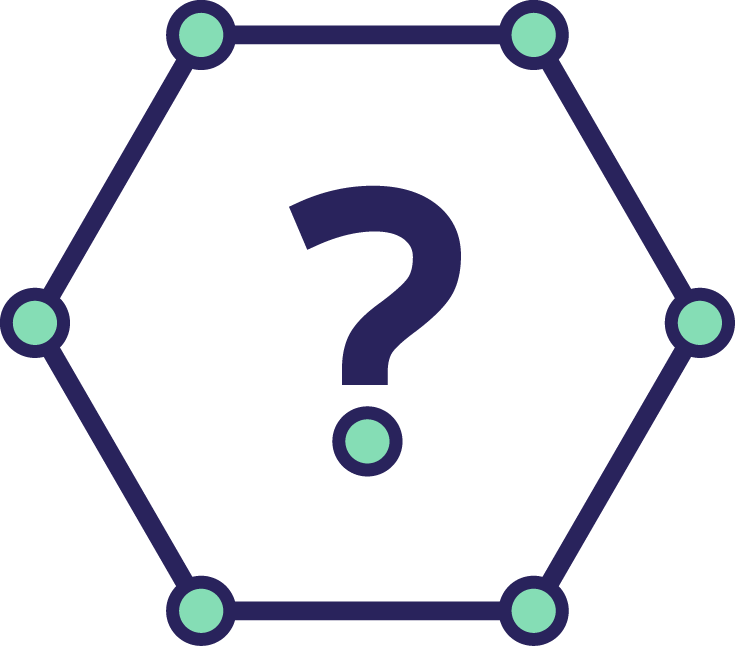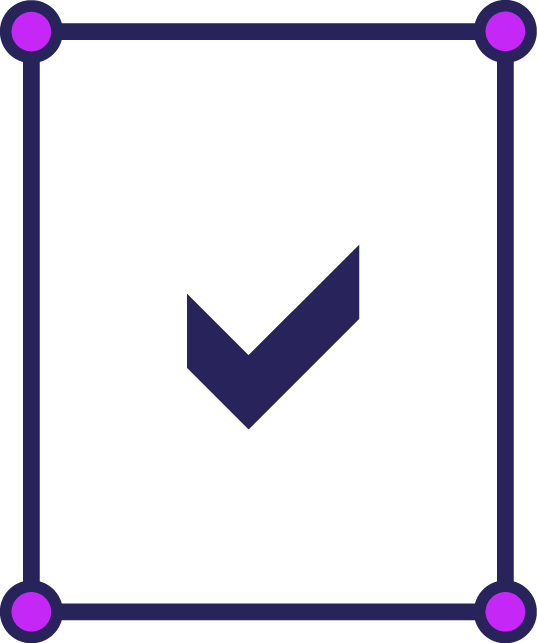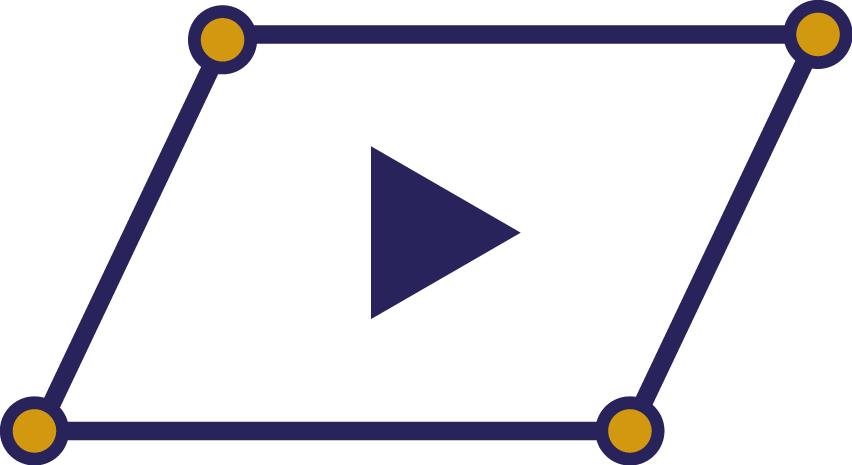about techio comunitario
Techio Comunitario is a training program aimed at people who collaborate in community and indigenous media and telecommunications projects. Through the generation of networks for the sharing of knowledge and experiences, new paths towards technological autonomy of the communities are being woven.
Techio Comunitario takes its name from the combination of "tequio", a term in Spanish that refers to a form of collective work in the indigenous communities of Oaxaca, and "tech", an abbreviation of the term technology in English. Thus, we want to express that the process of technical training starts from a collaborative vision in which each person, organization or community is involved in a long term project, where communication and its tools are key to walk towards the autonomy and self-determination of the Peoples.
In this process we discovered two main ways of working in community and indigenous communication projects: on the one hand, the vast traing experience in content production that historically exists in indigenous communication; on the other hand, the current training initiatives of technological organizations in technical aspects of telecommunications, in particular, for the deployment and maintenance of communication networks.
We saw the need to link this array of experiences in order to strengthen indigenous media, using technologies relevant to the contexts in which they develop.
We think of technological autonomy as a process in constant construction, in which the communities themselves decide how to use communication tools to meet their objectives and satisfy their needs. This is based on a critical reflection of their possibilities and risks, understanding that, although technologies are not neutral, they can be appropriated and transformed according to the territory in which they are used.
pedagogy
The pedagogy used in Techio Comunitario is based on Peoples' ways of sharing knowledge and wisdom, popular education and free knowledge societies. The combination of theoretical learning and practice in specific contexts is fundamental to the process..
This is achieved through four pedagogical axes:
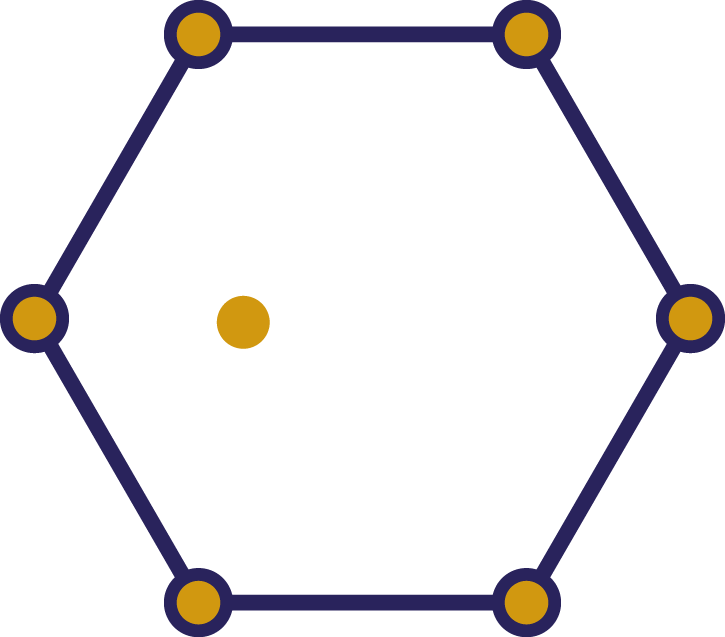
previous experience in the topics to be addressed
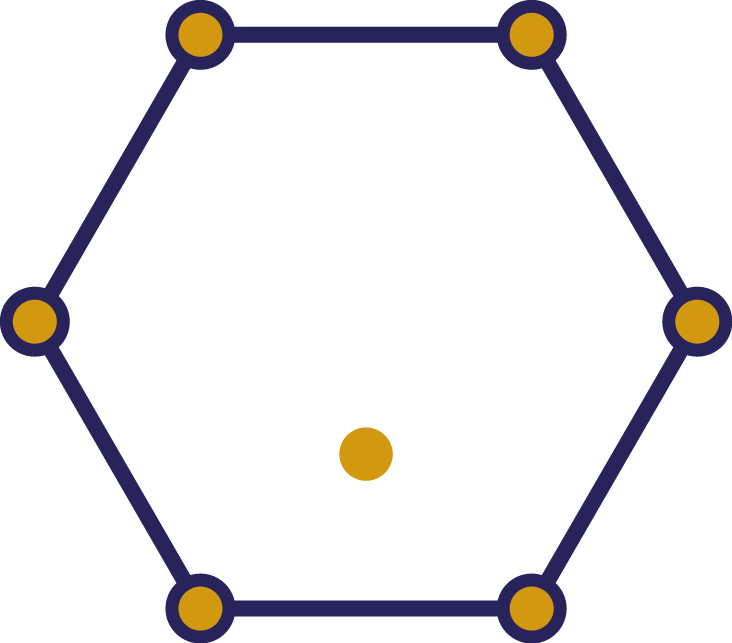
rediscovery of capabilities to appropriate technologies
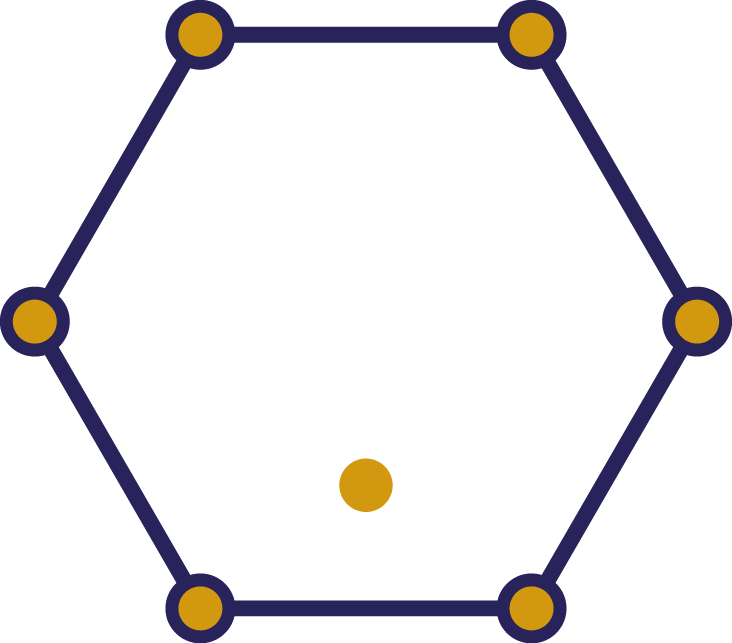
contextualization of knowledge and expertise
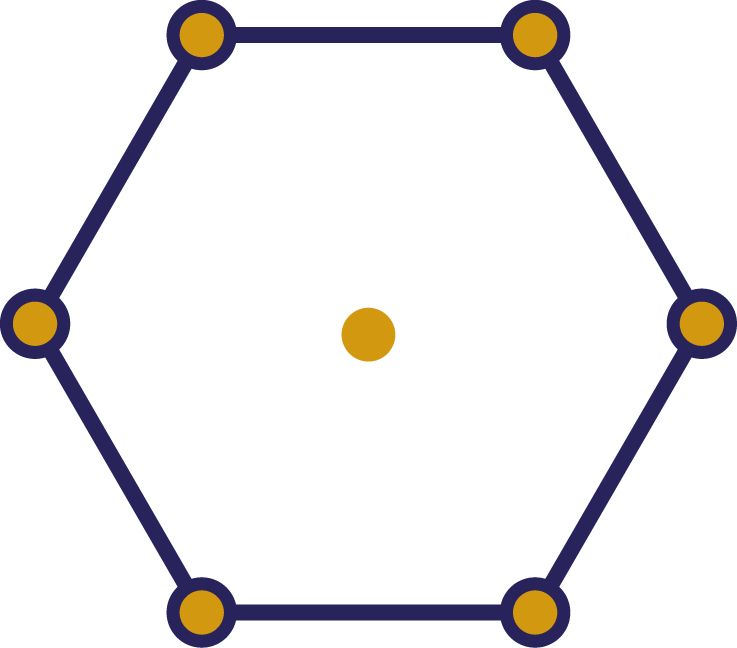
creation of encounter spaces and relationships among participants
organization
The key figure of the program is the Advisory Committee, conformed by the organizations involved in this process. The Committee is in charge of defining the general aspects of the program, selecting participants and workshop leaders, ensuring that the course of action is in line with the intended objectives and is responsible for the logistical and/or academic aspects of each module.
topics
The topics have a technical dimension, such as basic electricity and electronics, the use of free software or the operation of Internet networks, but they also include social, economic and political elements, such as the critical analysis of technologies and their selection, the legal framework of telecommunications or the sustainability of community communication projects.
actions
The actions linked to Techio Comunitario have been the implementation of two in-person editions of the Diploma in Mexico between 2016 and 2019, three editions of a semi in-person training program in collaboration with the International Telecommunication Union (ITU), the Abya Yala Community Networks Seedbed, and the support in the design of training program in African, Asian and Latin American countries.


